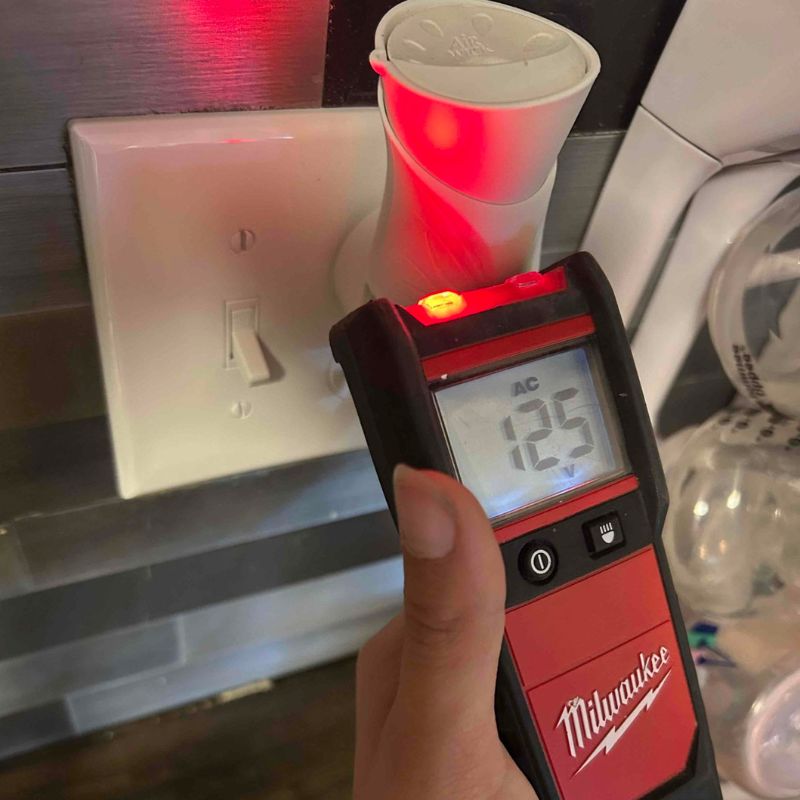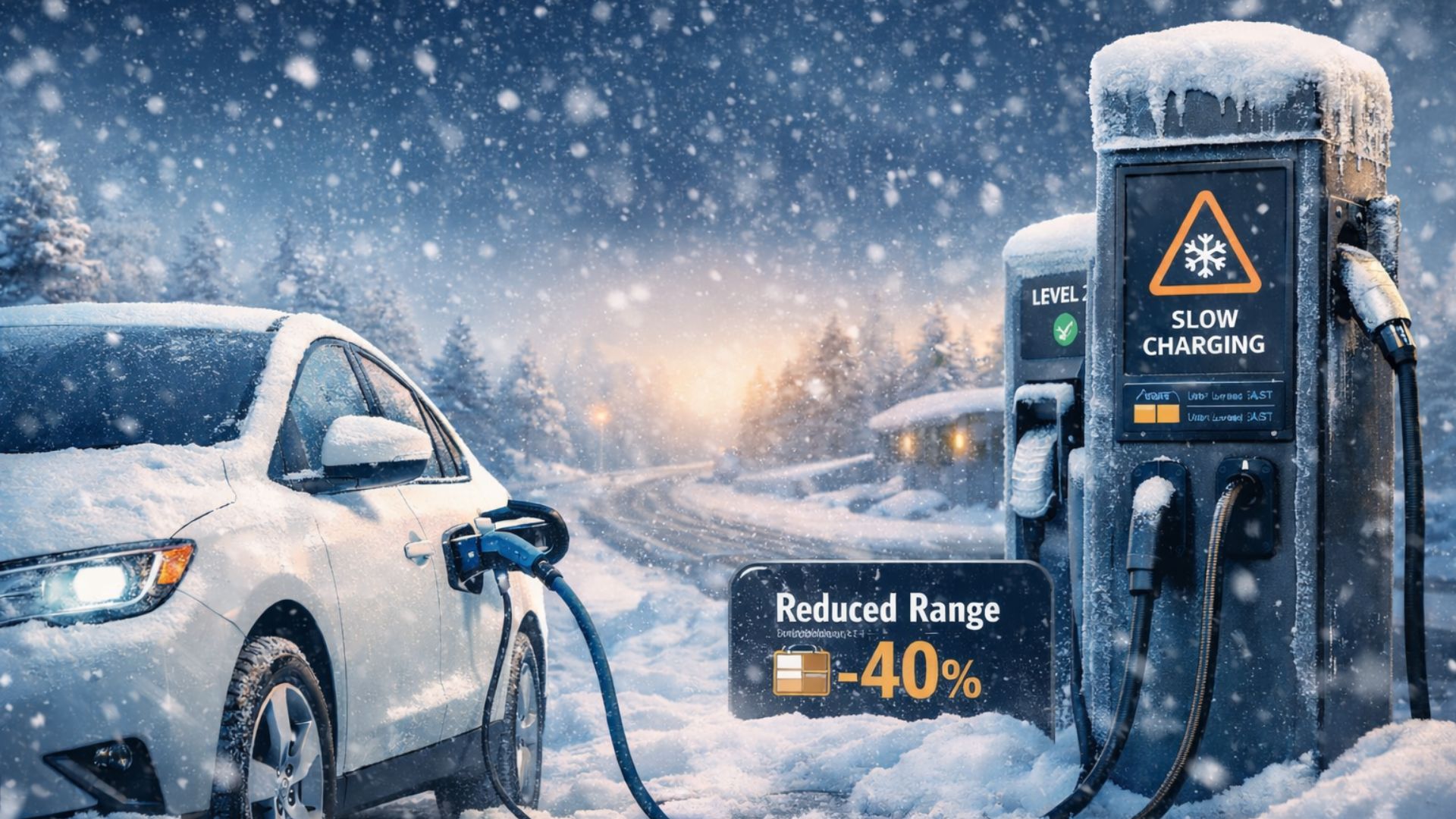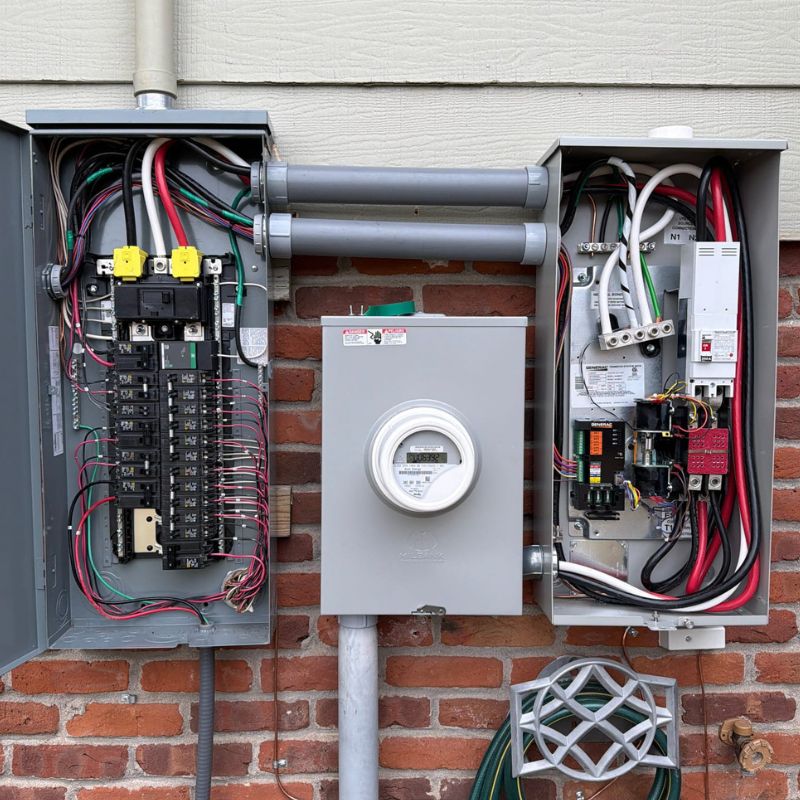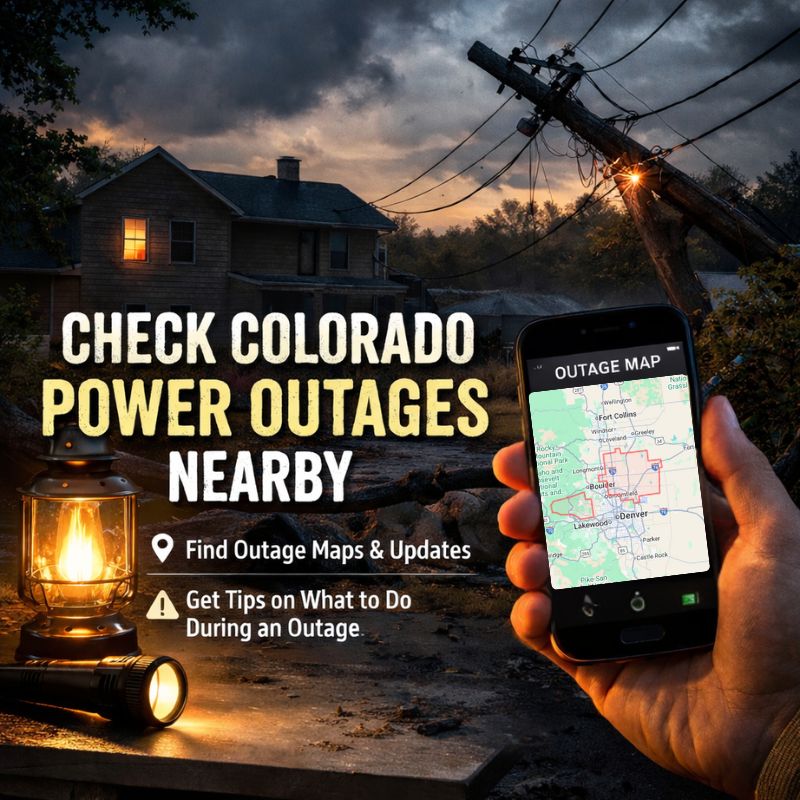Contents
- The History of Electricity: From Sparks to Smart Homes
- ⚡ Ancient Curiosity: The First Spark of Interest
- 🧠 Enlightenment Thinkers Get Electric
- 🧪 The Inventors Who Wired the World
- 🏠 When Electricity Came Home
- 🔌 From Dangerous to Dependable: Wiring Through the Ages
- ❓ Frequently Asked Questions About Electricity
- 🔋 Today’s Power Grid: How It Works
- 🌱 The Future: Renewable, Efficient, and Smart
- ⚡ Final Thoughts: Electricity Then and Now
Trusted Colorado Electricians
The History of Electricity: From Sparks to Smart Homes
Electricity powers nearly everything in our lives, from your morning coffee maker to the car charger in your garage.

It’s easy to take for granted.
But the truth is, our modern world was built on centuries of discovery, invention, and (sometimes wild) experimentation.
So when people ask, “Who invented electricity?” or “When was electricity discovered?” the answers are more complex—and fascinating—than you might think.
Let’s walk through the electrifying history of electricity and see how we got from static shocks to smart homes.
⚡ Ancient Curiosity: The First Spark of Interest
Way back in 600 BCE, Greek philosopher Thales of Miletus discovered something unusual.
When he rubbed amber with fur, the amber attracted small objects. It was the first recorded observation of static electricity.
Later, in the 1600s, English scientist William Gilbert studied magnets and coined the term “electricus.”
Around the same time, Otto von Guericke invented the first machine that could generate static electricity. These early experiments sparked centuries of scientific discovery.
🧠 Enlightenment Thinkers Get Electric
In 1752, Benjamin Franklin made headlines by flying a kite during a thunderstorm. With a key attached to the kite string, he proved lightning carried an electrical charge. (Not recommended today.)
But Franklin wasn’t the only innovator.
In 1800, Alessandro Volta invented the first true battery, known as the voltaic pile. This breakthrough gave scientists a consistent electrical current to experiment with, changing the game forever.
So who made electricity useful?
Volta, Franklin, and others paved the way, but there wasn’t one single inventor. Electricity wasn’t “created” it was discovered and gradually understood.
🧪 The Inventors Who Wired the World
As the 19th century unfolded, scientists and engineers got serious about turning theory into technology.
- Michael Faraday discovered electromagnetic induction. His work laid the foundation for electric motors and generators.
- Samuel Morse developed the telegraph, using electricity to send messages across long distances.
- Thomas Edison invented the first practical light bulb in 1879.
- Nikola Tesla pioneered alternating current (AC), a safer and more efficient way to deliver electricity over long distances.
This fierce rivalry between Edison’s direct current (DC) and Tesla’s AC system became known as “The War of the Currents.” Tesla’s AC eventually won out because it was cheaper and more efficient to distribute.
📚 Related: Signs You Need to Hire an Electrician
🏠 When Electricity Came Home
The first home powered by electricity in the United States was lit in 1882 in Appleton, Wisconsin. It used hydroelectric power and Edison’s DC system.
But home electrification didn’t take off right away. By 1925, only half of American homes had electricity.
That changed with FDR’s Rural Electrification Act in 1936. By 1960, nearly all homes were connected to the grid.
What was electricity used for at first?
Mainly lighting. But as refrigerators, washers, radios, and televisions entered the scene, electrical demand grew fast.
🔌 From Dangerous to Dependable: Wiring Through the Ages
Early electrical systems were… let’s just say risky. Wires had minimal insulation. Switches and outlets were often made of wood. Grounding didn’t exist. Fires and shocks were common.
Over the years, major improvements made electricity safer:
- 1890s: Knob-and-tube wiring became the standard.
- 1920s–1940s: Flexible armored cable offered better protection.
- Post-1965: Grounded wiring became mandatory in most homes.
Today’s homes use circuit breakers, GFCIs, and arc-fault interrupters to prevent overloads and protect your family.
🛠️ Need peace of mind? Book a Home Electrical Inspection today.
❓ Frequently Asked Questions About Electricity
Who invented electricity?
Electricity wasn’t invented, but many people helped us understand and harness it. Key figures include Franklin, Volta, Faraday, Edison, and Tesla.
When was electricity discovered?
Humans observed static electricity as early as 600 BCE. But it wasn’t until the 1700s and 1800s that scientists began to control it.
Who discovered electricity?
It was a team effort across centuries. Franklin’s kite experiment, Volta’s battery, and Faraday’s induction all played vital roles.
What was the first electrical invention?
The Leyden jar (1740s) could store static electricity. Later came batteries, motors, telegraphs, and light bulbs.
When did homes start using electricity?
City homes began electrifying in the early 1900s. Rural areas followed in the 1930s and 1940s thanks to government programs.
🔋 Today’s Power Grid: How It Works
Electricity now begins at power plants, fueled by coal, natural gas, nuclear, wind, or solar energy. It’s transmitted through high-voltage lines, stepped down by transformers, and delivered to homes via local utilities.
Your home electrical system then distributes power through circuits, outlets, and smart devices.
Need help handling modern electrical loads? From panel upgrades to surge protection, we’ve got the tools and expertise.
⚙️ Learn more: Smart Electrical Panel Installation
🌱 The Future: Renewable, Efficient, and Smart
We’re entering an exciting chapter in the history of electricity.
- Solar panels are more common than ever, especially in sun-drenched places like Colorado.
- Smart panels track energy usage in real time.
- Electric vehicles (which run on DC) are gaining ground, prompting new innovations in DC transmission.
And let’s not forget energy-efficient appliances, LED lighting, and programmable thermostats, all helping you save money while reducing your carbon footprint.
Want to power your future sustainably? Ask us about:
- Installing a Home EV Charger
- Whole-House Fans
- Electrical Panel Upgrades
⚡ Final Thoughts: Electricity Then and Now
From ancient amber to Tesla coils to solar roofs, the history of electricity tells a story of human innovation at its finest.
Whether you’re fascinated by science, upgrading your panel, or installing a smart charger, one thing’s for sure, electricity will continue to power the future.
Need help bringing your electrical system into the modern age?
📞 Contact The Electricians today to schedule your service.
Related Posts
If you enjoyed reading this, then please explore our other articles below:
Electrical Panels in Colorado Homes
Many homes across Colorado, especially in Denver, Aurora, Lakewood, and Colorado Springs, were built with electrical panels that were never designed for modern power demands. Cold winters, EV charging, home offices, and newer appliances place added stress on older panels and breakers.
If you are noticing frequent breaker trips, buzzing sounds, or planning an upgrade like an EV charger or heat pump, a licensed Colorado electrician can evaluate whether your panel needs repairs or a full power upgrade.
